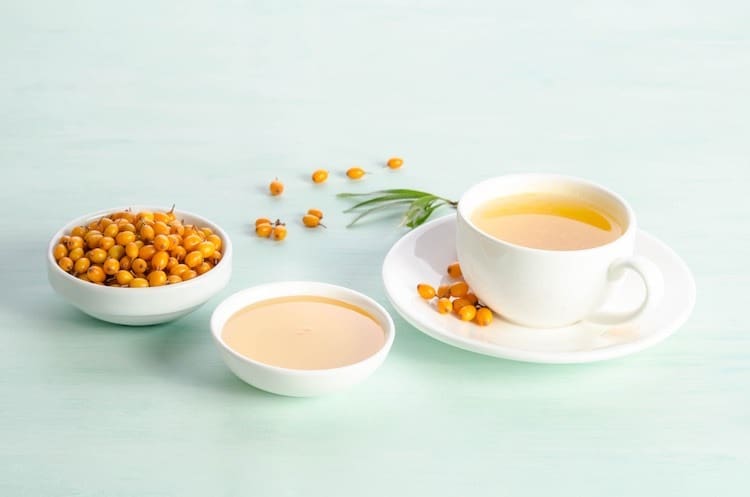Naturopathy is a system of healing that aims to provide holistic or whole body healthcare by drawing on treatment methods from several traditional systems of healthcare. Naturopathy seeks to use the natural healing powers of the body to cure itself. It focusses on treating the cause of a disease rather than the symptoms themselves.
Naturopathy is not an alternative to modern medicine, but is used by people as an additional therapy or alternative for some non-serious medical conditions. It is not suitable for medical emergencies or serious conditions. Always consult your doctor first if you have symptoms of disease or are unwell.
What therapies do naturopaths use?
Naturopaths use various treatment methods including nutritional medicine, herbal medicines, homeopathy, acupuncture and massage therapy.
Some naturopaths are trained in counselling skills.
Bach flower remedies and iridology — a technique in which the iris of the eye is examined and is said to give information about a person’s tendency to develop disease — may also be used by some naturopaths.
Naturopathy in Australia
In Australia there is currently no law governing who can use the description ‘naturopath’ — basically, anyone can call themselves a naturopath. Some self-described naturopaths have no qualifications or training whatsoever.
Naturopaths do not have to be registered in Australia, however, a body called ARONAH (Australian Register of Naturopaths and Herbalists) has set up a national register of naturopaths, but this currently has no standing in law.
Some naturopaths in Australia have membership of professional bodies, such as ANTA — the Australian Natural Therapists Association — or ANPA – the Australian Naturopathic Practitioners Association or AMTA — the Association of Massage Therapists in Australia. These associations will only accept members from approved colleges or courses.
The origins of naturopathy
Naturopathy was pioneered in the early 19th Century by practitioners such as the Austrian Vincent Priessnitz who founded the principles of hydrotherapy. Towards the end of the century a German priest (Father Sebastian Kneipp) treated an American named Benedict Lust with a combination of his herbal treatments and water cures. Lust returned to the United States and founded the American School of Naturopathy which became the basis for all naturopathic training and practice, as we know it today.
Underlying principles of naturopathy
The principles of naturopathy include first do no harm, treating the whole person, the healing power of nature, and prevention.
Good health and wellness is what naturopathic treatment is all about. The main emphasis of naturopathic practice is the belief that the body has an inbuilt ability to strive for health. The role of a naturopath is to work with a person to promote the natural healing of the body.
Naturopathy is rooted in the belief that health is more than just the absence of disease and works on strengthening the body’s natural defences.
How do naturopaths assess and treat people?
Naturopaths see the symptoms of a disease as the body’s defence mechanism attempting to move the person back to a state of health. A naturopath will work with this process rather than suppress the symptoms, such as fever, diarrhoea, or loss of appetite.
A naturopath will ask about your symptoms, lifestyle and diet, and should also ask about your medical history. Some naturopaths may use additional methods to assess health.
A naturopath will try to design a treatment path to support your body’s attempts to heal itself. They may at first advise you on how to remove the underlying causes of stress in the body. This could involve recommending dietary changes, and encouraging ways of achieving a deeper level of relaxation.
The naturopath may then suggest ways to nourish and cleanse the body, by suggesting dietary changes that might involve avoiding certain foods, eating certain foods, taking various vitamin, mineral or food supplements, or drinking fruit and vegetable juices. Often, the naturopath will recommend a diet high in fresh, raw fruits, vegetables, wholegrains, seeds and nuts.
The naturopath may also be concerned with ridding the body of ‘accumulated toxins’ – detoxification. The naturopath may suggest that the person eliminates tea, coffee, tobacco and alcohol. The naturopath may also suggest that the person undertakes a cleansing fast or diet.
Make sure you check with your doctor that it is safe for you to make these changes before you undertake any drastic changes. Especially make sure you do not stop taking any medicines or treatments without consulting your doctor first.
Safety of naturopathy
Relying solely on naturopathic treatments and avoiding conventional medical care could have serious consequences for your and your family’s health.
Restrictive diets, fasting and enemas may be dangerous.
Just because a product is natural, does not mean it is safe. Herbs and other natural products can have side effects of their own, and also can have dangerous interactions with conventional medicines, treatments and foods, so always remember to tell all your healthcare professionals about any herbs or medicines you are taking, conventional or otherwise. In addition, some unregulated herbal products have been found to be contaminated with heavy metals or pharmaceutical medicines.
Some naturopaths do not believe in childhood vaccination, or may offer so-called naturopathic vaccination or immunisation. There is no scientific evidence to support the effectiveness of these vaccines and anyone who uses these in place of conventional vaccines is placing their child, and the wider community, at risk of serious disease.
Effectiveness
Some of the therapies used by naturopaths have evidence to support their use in relief of symptoms and in prevention of disease (for example nutritional medicine), however for other therapies there is no scientific evidence to support their use.

